Since withdrawing from the Soviet Union in 1991, Ukraine has been keen to pursue its own path, including forging closer links with the rest of Europe.
Ukraine’s relations with Russia have been tense due to the latter’s determination to keep the country within its sphere of influence. In 2014, Russia annexed Crimea in violation of international law, a move strongly condemned by the EU. It has also been waging a hybrid war against Ukraine, including economic pressure and disinformation attacks.
With Ukraine coming under increasing pressure from Russia, the EU is keen to support Kyiv and forge closer links. Find out how the European Union has supported Ukraine since 2014:
Association agreement
In September 2014, the European Parliament gave its consent to the EU-Ukraine Association agreement, which includes a Deep and Comprehensive Free Trade Agreement. The deal established political association and economic integration between the EU and Ukraine and provided for mutual free market access.
The agreement established ground rules for cooperation in areas including energy, transport, and education. It also required Ukraine to implement reforms and respect democratic principles, human rights and the rule of law.
Visa
In April 2017, the European Parliament supported an agreement to exempt Ukrainian citizens from EU short-stay visa requirements.
Other support
There are various EU initiatives to support Ukraine’s economy, aid its green transition and help the country to reform.
Since 2014, more than €17 billion in grants and loans have been mobilised by the EU and financial institutions to support reforms in Ukraine, while applying conditionality dependent on their progress.
Since 2015, more than 11,500 Ukrainian students have participated in the EU’s popular Erasmus+ programme.
Sakharov Prize
In 2018 Parliament awarded its Sakharov Prize for Freedom of Thought to Oleg Sentsov. The Ukrainian film director and human rights activist was imprisoned for protesting Russia’s annexation of his native Crimea on Independence Square in Kyiv but released from jail on 7 September 2019 as part of a prisoner exchange deal between Russia and Ukraine.
More information: European Parliament
RUSSIA
The following are some of the news published by the EDC of Almeria during the last weeks about the diplomatic crisis between Russia and the European Union.
13 January
The Council decided on 13 December to prolong the restrictive measures currently targeting specific economic sectors of the Russian Federation by six months, until 31 July 2022. The Council decision follows the latest assessment of the state of implementation of the Minsk agreements – initially foreseen to happen by 31 December 2015 – at the European Council of 16 December 2021.
In addition to economic sanctions, the EU has in place different types of measures in response to Russia’s illegal annexation of Crimea and the city of Sevastopol and the deliberate destabilization of Ukraine. These include diplomatic measures, individual restrictive measures (asset freezes and travel restrictions), and specific restrictions on economic relations with Crimea and Sevastopol.
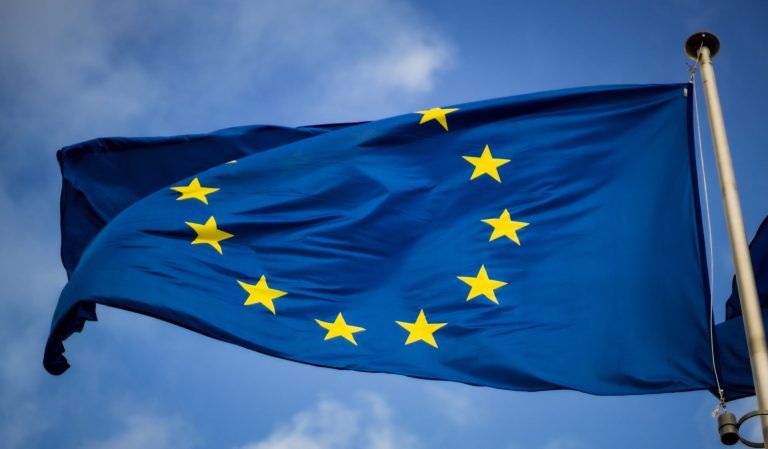
Economic sanctions on Russia renewed for another six months |
14 January
On January 14, a cyber-attack was perpetrated in Ukraine against Ukrainian government websites. The EU and its member states strongly condemned these attacks and were in contact with Ukraine. The EU and its member states stand ready to provide additional and direct technical assistance to Ukraine to remedy this attack and continue to support Ukraine against any destabilizing actions, including by enhancing its resilience against hybrid and cyber threats.
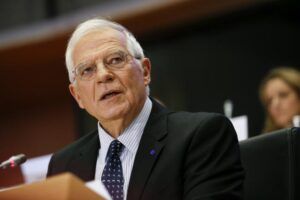
Declaration by the High Representative on behalf of the European Union on the cyberattack against Ukraine |
At the meeting held in Brest (France) on January 13-14 and chaired by the High Representative and Vice-President of the European Commission, Josep Borrell, the foreign ministers of the EU Member States discussed the foreign policy and strategic security of the European Union.
Last Friday, January 14, the NATO Secretary General stated that NATO has been working closely with Ukraine for years to help strengthen its cyber defenses. NATO cyber experts in Brussels have been exchanging information with their Ukrainian counterparts on ongoing malicious cyber activities. Allied experts in the country are also supporting Ukrainian authorities on the ground.
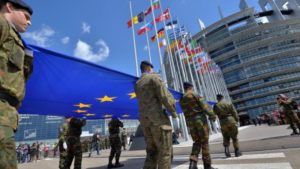
EU reaction to cyber-attacks on Ukraine |
15 January
On Saturday, January 15, the EU High Representative held a telephone communication with U.S. Secretary of State Antony Blinken, in which, as reported by the European External Action Service, both representatives rejected the Russian initiative to rebuild spheres of influence in Europe and underlined their determination to continue intensive consultations on this and other issues between the United States and the EU, presenting a strong, clear and united transatlantic front.
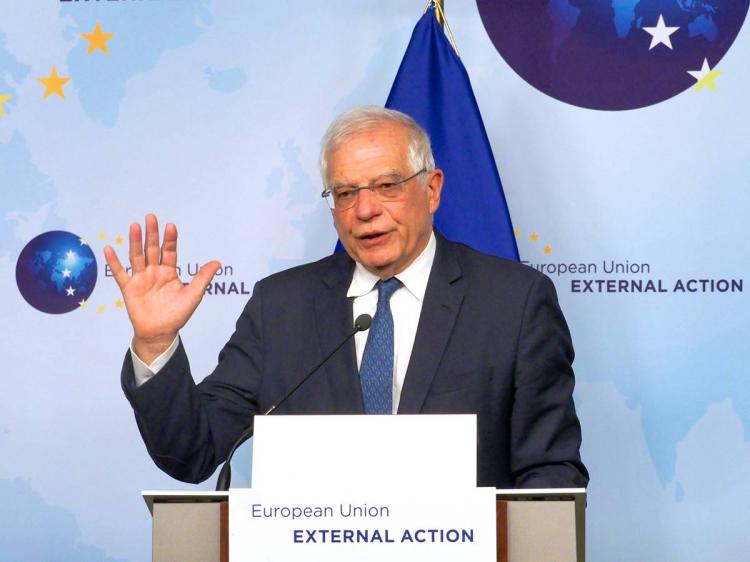
Transatlantic cooperation in support of Ukraine |
20 January
The President of the European Commission, Ursula von der Leyen, addressed the Davos Forum on January 20 with a speech on the main challenges in the world today. In her speech, the President reaffirmed the EU’s solidarity with Ukraine and European partners threatened by Russia. She stressed that the EU continues to support the fundamental principle that Ukraine is free to decide as a sovereign state: “To be clear: we want dialogue; we want conflicts to be resolved in the bodies that have been formed for this purpose. But if the situation deteriorates, if there are further attacks on Ukraine’s territorial integrity, we will respond with massive economic and financial sanctions. The transatlantic community stands firm on this. The EU is by far Russia’s largest trading partner and largest investor. And yes, this trade relationship is important for us, but it is much more important for Russia. We hope that an attack will not happen, but if it does, we are prepared.”
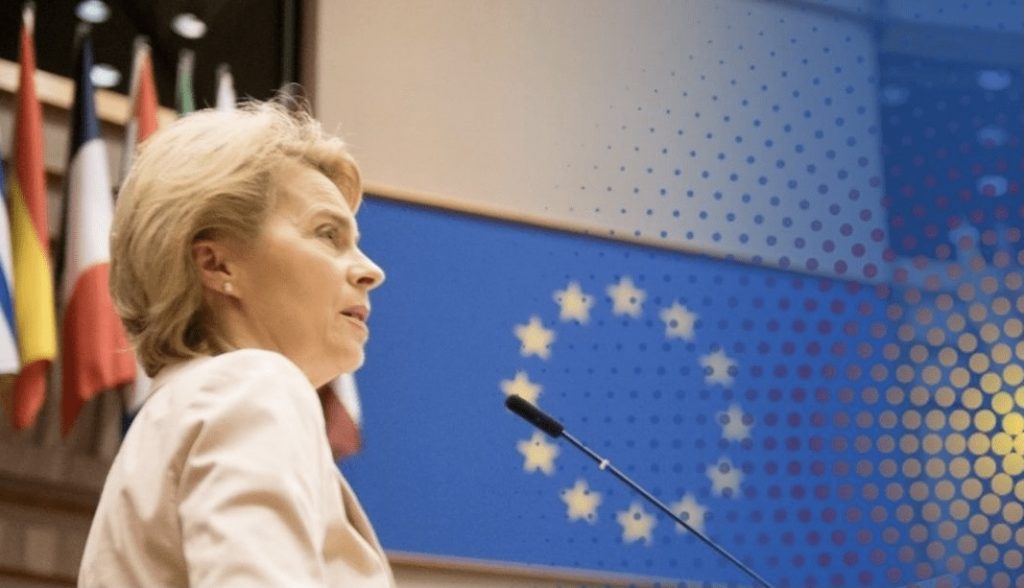
Speech by President Von der Leyen at the World Economic Forum |
24 January
The Council has approved conclusions on the European security situation, asserting that European security is indivisible and that any challenge to the European security order affects the security of the EU and its member states.

EU-Russia Crisis: ‘Spheres of influence’ have no place in 21st century |
24 January
EUvsDisinfo, the flagship project of the European External Action Service’s East StratCom Task Force, was established in 2015 to better forecast, address, and respond to the Russian Federation’s ongoing disinformation campaigns affecting the European Union, its Member States, and countries in the shared neighborhood, overviews the most prevalent and dangerous myths — and often outright lies — related to the Russia-Ukraine conflict.

Disinformation: 7 myths about the Russia-Ukraine conflict |
28 January
On January 28, President von der Leyen and President Biden issued a joint statement on U.S.-EU cooperation on energy security. The United States and the EU are working together to achieve a continuous, sufficient, and timely supply of natural gas to the EU from a variety of sources around the world in order to avoid supply crises, including those that could result from a new Russian invasion of Ukraine. The United States is already the largest supplier of liquefied natural gas (LNG) to the EU.
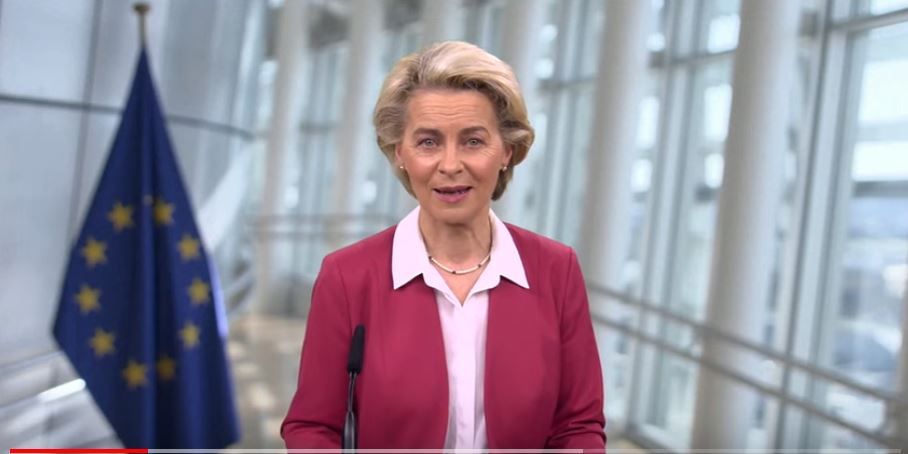
Joint statement by President von der Leyen and President Biden |
31 January
The UN Security Council discussed the Ukraine-Russia border crisis, in a session where Washington and Moscow exchanged accusations.
Russia and China objected to the meeting being open but were outvoted by ten votes in favor and three abstentions, with the result that the meeting went ahead.
The U.S. ambassador asserted that Russia’s moves pose a threat to the international order and defended Ukraine’s right to choose its defense model and alliances. Linda Thomas-Greenfield added that they still believe that there is a “diplomatic way out of the crisis”.
The Russian ambassador criticized the “interference in its internal affairs”, assured that the troops are deployed within its territory, and denied that they pose a threat.
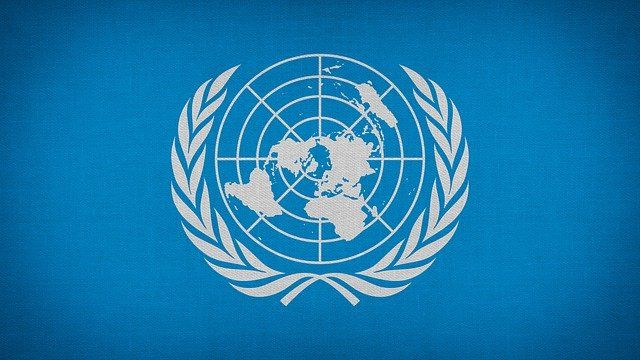
The UN Security Council discussed the Ukraine-Russia border crisis |
1 February
Nine members from the European Parliament’s Foreign Affairs Committee and Security and Defence Subcommittee, led by Chairs David McAllister (EPP, DE) and Nathalie Loiseau (Renew, FR) met with Prime Minister Denys Shmyhal, the Speaker of the Verkhovna Rada Ruslan Stefanchuk as well as other Ukrainian authorities and civil society organizations.
During their visit, MEPs emphasized the European Parliament’s unwavering support to Ukraine’s independence, sovereignty, and territorial integrity within its internationally recognized borders as well as to its right to choose its own security arrangements and alliances.
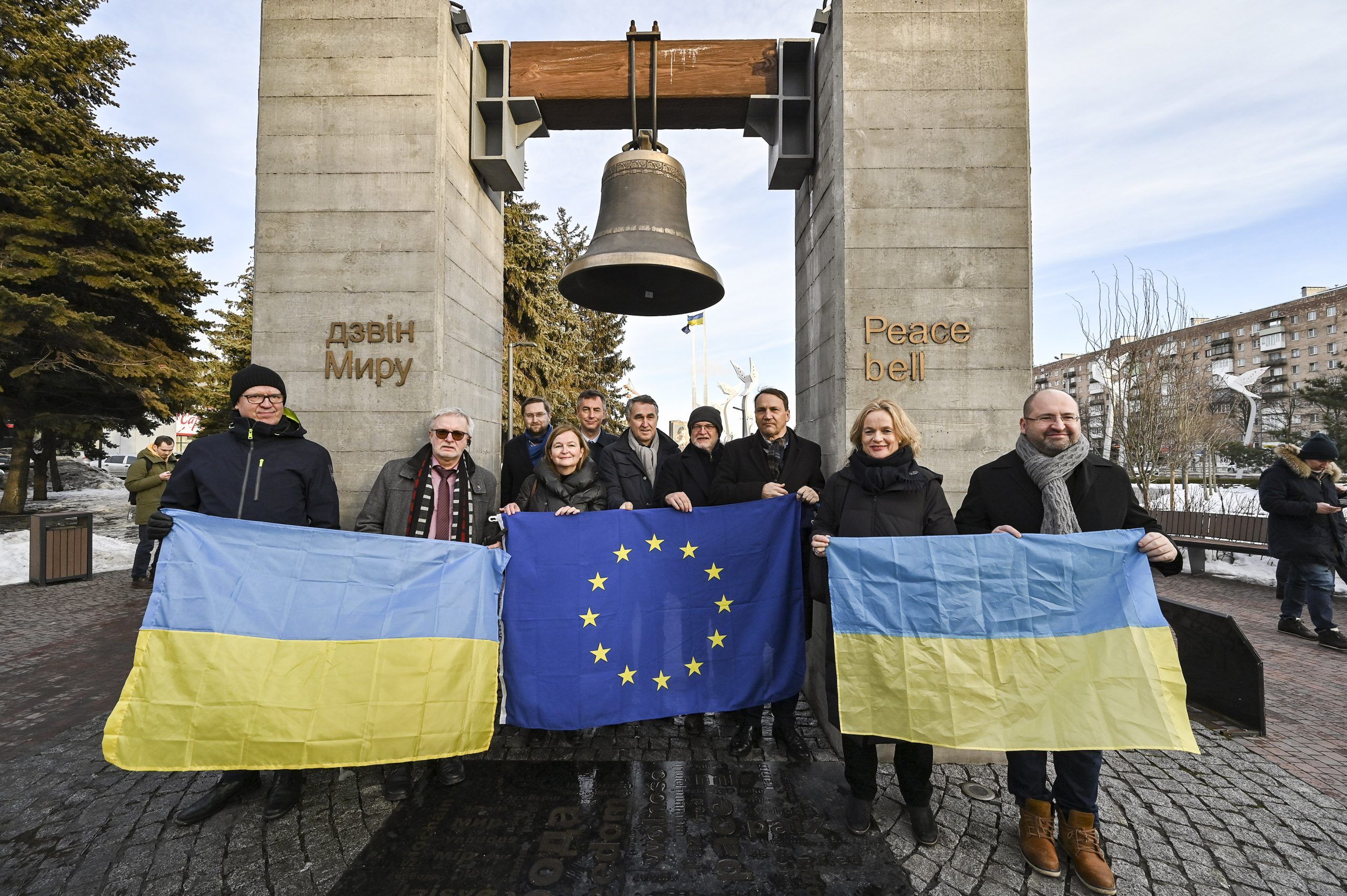
European Parliament delegation ends visit to Ukraine |
1 February
The European Commission has tabled a proposal for a new emergency macro-financial assistance (MFA) program for Ukraine of up to €1.2 billion.
This proposal follows an earlier request from the Ukrainian authorities and direct discussions between Commission President Ursula von der Leyen and Ukraine’s President Volodymyr Zelenskyy.
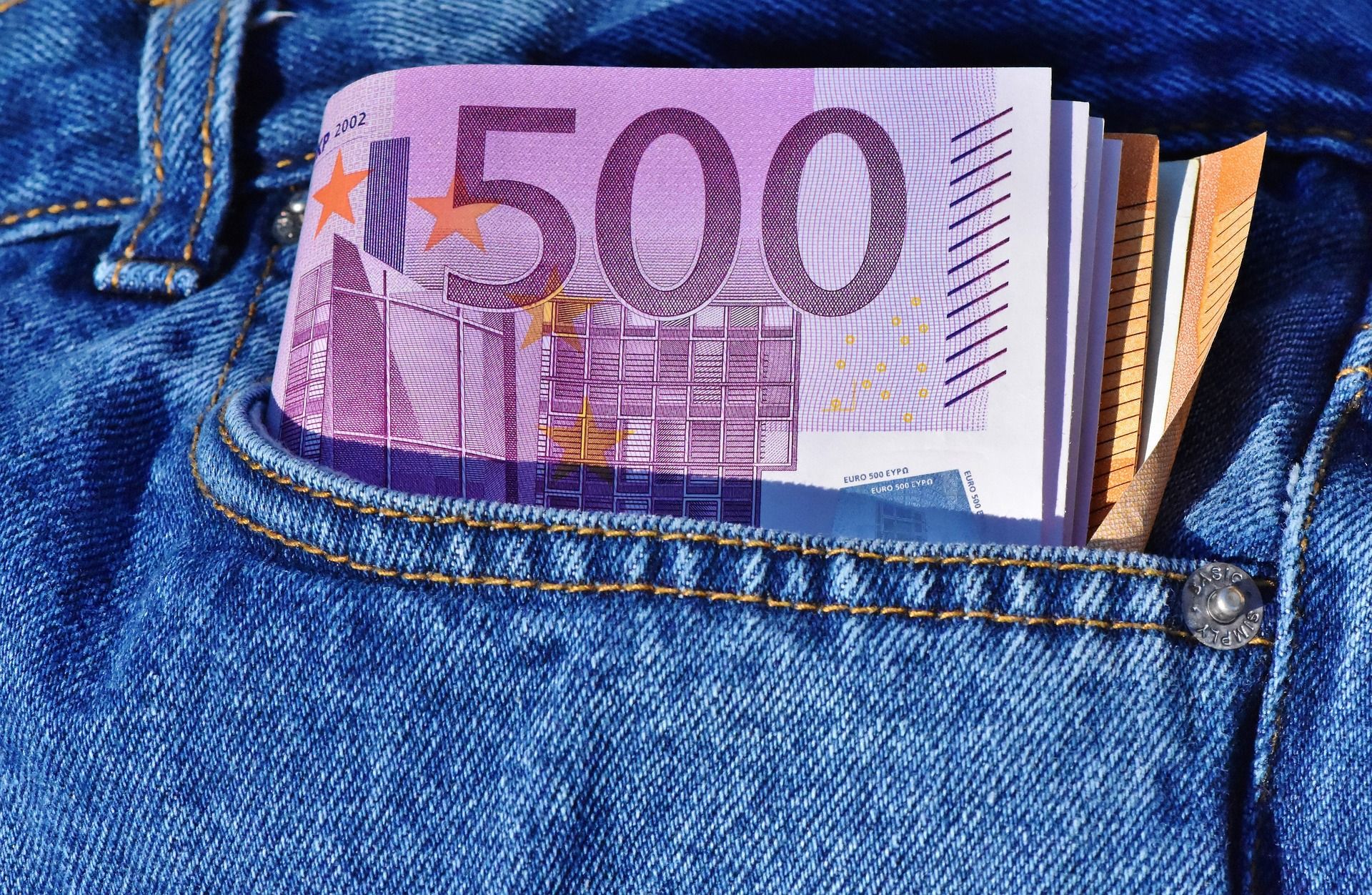
Commission presents EUR 1.2 billion emergency aid package for Ukraine
|

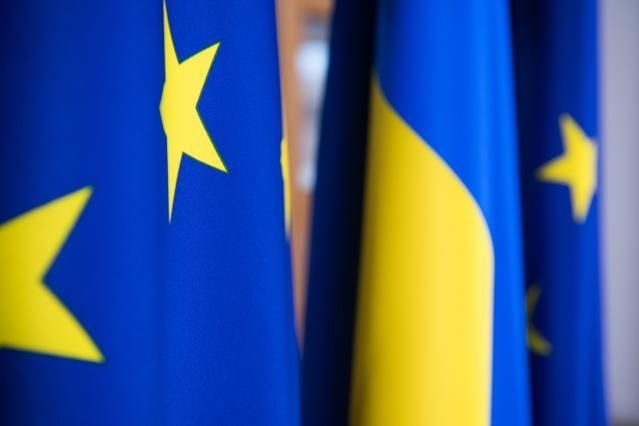
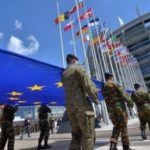
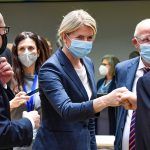
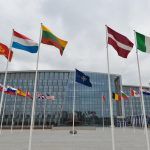
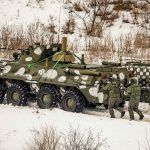
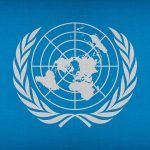
Leave a Reply